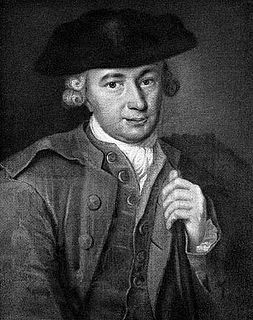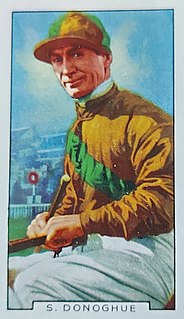A Quote by W. Somerset Maugham
The author always loads his dice, but he must never let the reader see that he has done so.
Related Quotes
We must be forewarned that only rarely does a text easily lend itself to the reader's curiosity... the reading of a text is a transaction between the reader and the text, which mediates the encounter between the reader and writer. It is a composition between the reader and the writer in which the reader "rewrites" the text making a determined effort not to betray the author's spirit.
The Transformation of the World is lavishly reinforced with critical apparatus (that, too, must have been a labor of Hercules to translate--I honestly never expected to see this book in English), but by far its greatest attraction is the intelligence and more important the wisdom of its author. It's a towering achievement no serious reader should miss.
It is excellent discipline for an author to feel that he must say all he has to say in the fewest possible words, or his reader is sure to skip them; and in the plainest possible words, or his reader will certainly misunderstand them. Generally, also, a downright fact may be told in a plain way; and we want downright facts at present more than anything else.





































